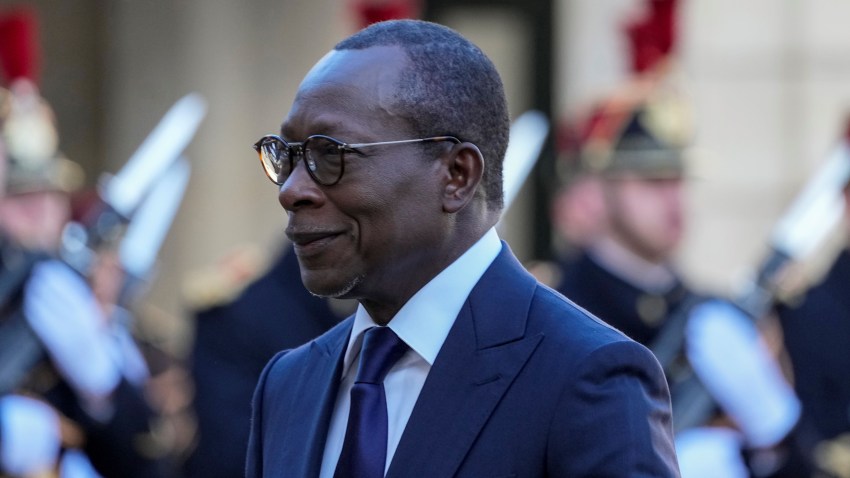Benin was once regarded as one of West Africa’s “beacons of democracy.” But the authoritarian drift on display during Patrice Talon’s presidency over the past seven years has caused many observers to worry about the country’s trajectory. That unease formed the backdrop to legislative elections held earlier this month, seen as a test of Benin’s democratic credentials. The vote was also regarded by some as a bellwether for the rest of West Africa, amid growing fears of a return to military rule and a broader erosion of democratic consolidation in the region.
In that context, the outcome did little to assuage those concerns. According to the official results endorsed by Benin’s constitutional court, the two parties aligned with Talon—the Republican Bloc and Progressive Union for Renewal—won a combined 81 seats in the 109-member parliament. The opposition Democrats, backed by former President Thomas Boni Yayi, won the remaining 28.
According to the election observation delegation sent by the Economic Community of West African States, or ECOWAS, the election was conducted “in a calm and peaceful atmosphere.” And the poll was broadly seen by Beninese domestic civil society organizations as a comparative improvement over the 2019 elections, when Talon’s government introduced a controversial electoral code that effectively prevented the opposition from participating. Their fortunes improved somewhat ahead of the 2023 contest, after Benin’s Constitutional Court and the electoral commission approved the Democrats’ party list in time for the legislative races.

